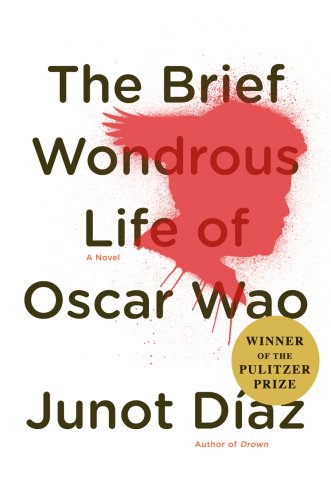 As an English major in college, my focus was American Literature--more specifically Early American Political Rhetoric. Plainly speaking, I studied the struggle to create and form an American Voice. It seems kind of dramatic now, 10 years removed from the world I was once submerged in--looking for America, but I was truly in love. The idea that social injustice was confronted head-on in this new land was fascinating to me. I found myself drawn to eras in which the oppressed would rise against opposing forces and make the world a different place. A better place. The Help catapulted me back into that college mindset, made me want to know more about this particular atrocity that took place in my America.
As an English major in college, my focus was American Literature--more specifically Early American Political Rhetoric. Plainly speaking, I studied the struggle to create and form an American Voice. It seems kind of dramatic now, 10 years removed from the world I was once submerged in--looking for America, but I was truly in love. The idea that social injustice was confronted head-on in this new land was fascinating to me. I found myself drawn to eras in which the oppressed would rise against opposing forces and make the world a different place. A better place. The Help catapulted me back into that college mindset, made me want to know more about this particular atrocity that took place in my America.Kathryn Stockett, a white woman raised by a black maid in Jackson, Mississippi, wrote this story in an effort to seek absolution from the past sin of passivity. The novel follows two African American maids in the 1960s and the white women they work for. The white women who have fallen so neatly into the role of "master" to these black women who raised them and whom, in childhood, they had loved like mothers. It is also the story of Miss Skeeter, who I imagine is none other than Miss Kathryn Stockett herself, a young white woman and a charter member of the Jackson Junior League. Skeeter does what Stockett did not (in her youth) and begins to empathize with these maids and the injustices they face in the 1960s South. She wants to tell their story.
This is my book club pick for April and I am geared up for an array of Southern food tonight including fried chicken, cornbread and chocolate pie. I think I will wear an apron.


